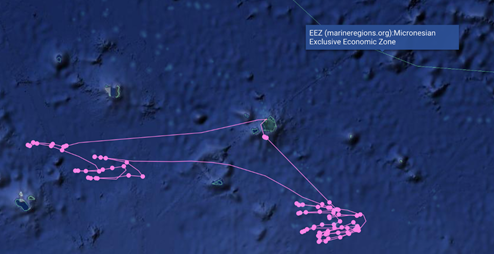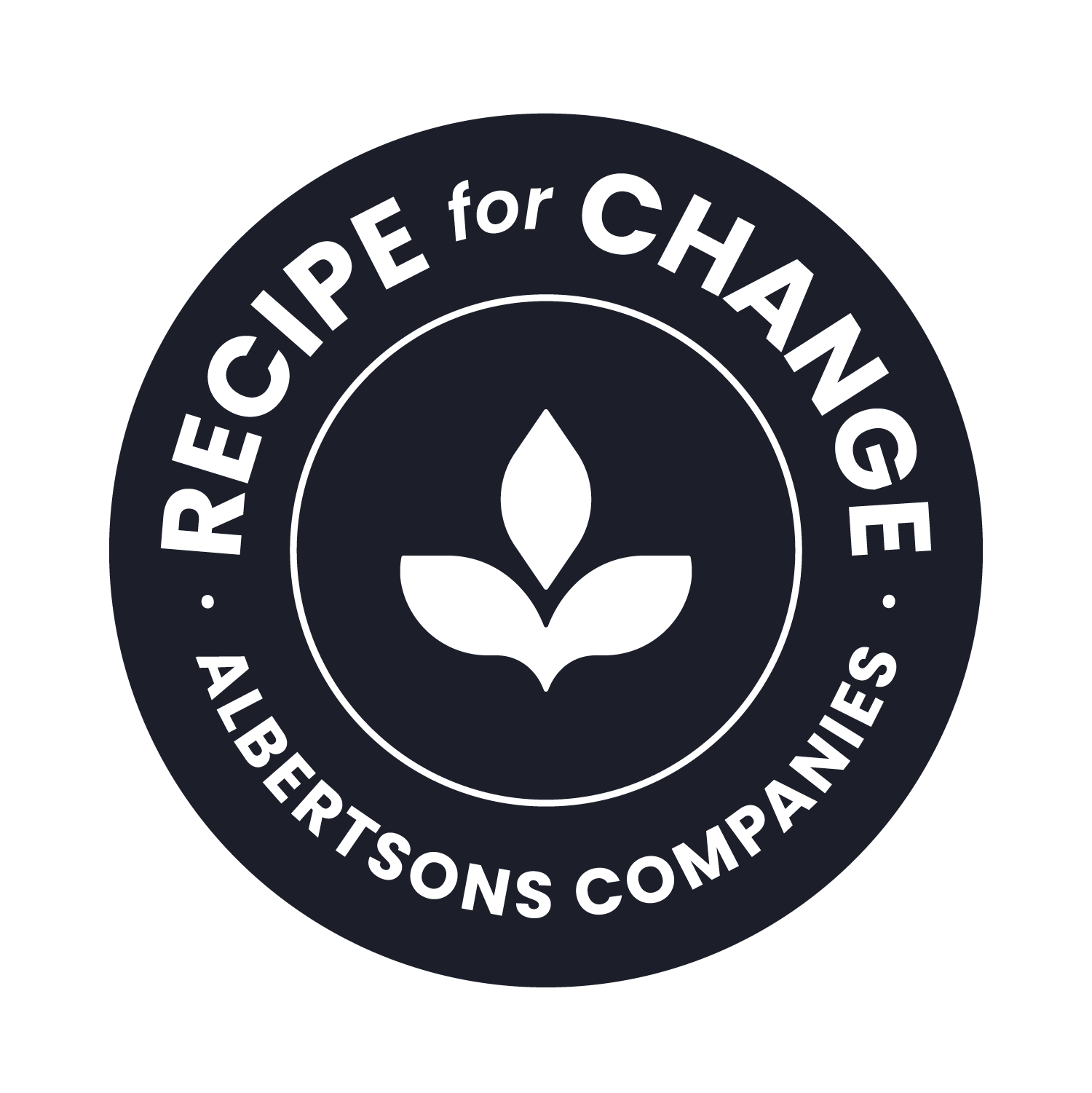Albertsons Companies Sushi Program: Tuna Traceability Study

Earlier this year, Albertsons Companies achieved our Top 5 by 2022 Sushi Commitment 18 months ahead of schedule, and our commitment to responsibly sourced seafood doesn’t stop there. Through our Responsible Seafood Program, we are working with our suppliers to improve transparency within our seafood supply chain; to protect the oceans; and to provide fair and equitable treatment for the people who depend on them for their livelihoods.
This summer, Albertsons Companies collaborated with three of our sushi vendors to assess the availability of harvest and vessel-level documentation within our tuna supply chains and to verify that vessels are following industry best practices and U.S. Seafood Import Monitoring Program (SIMP) documentation requirements. All three vendors performed well in our traceability study, demonstrating they have readily available and accurate supply chain documentation, and are following seafood industry best practices and meeting SIMP requirements.
To evaluate data accuracy and practices we reviewed harvest documents from each supply chain, confirming vessel names and identification numbers and cross-referencing boats against lists of vessels reported for illegal fishing activities. Findings from our study include:
- Our vendors’ documentation confirmed that tuna was harvested using nearshore fishing trips. These trips are shorter than international trips and typically have stronger oversight and management than harvesting tuna on the high-seas or using at-sea transshipment. At-sea transshipment – the transfer of fish, supplies, or other cargo between vessels at sea – is a relatively common practice in tuna supply chains, but remote fishing locations present challenges to ensuring best labor practices are being followed (see our position statement on At-Sea Transshipment of Tuna).
- Two of our sushi vendors use tuna from small fishing fleets, and one sushi vendor uses tuna from a distant water fishing fleet which are often documented in Global Fishing Watch. Global Fishing Watch is improving traceability in seafood supply chains by making it possible to use satellite data to confirm the use of vessel monitoring systems and verify the amount of time vessels spend at sea.
- Additionally, documentation from our vendors revealed that Tuna was harvested using low-impact fishing gear, such as handlines, which are more environmentally sustainable than other methods. We encourage our suppliers to utilize fishing methods that minimize bycatch and environmental impacts, and the fishing gear used by these suppliers is selective and reduces accidental catch of birds, sharks, turtles, and other non-targeted marine animals.
Collaborative projects with our seafood and sushi vendors are critical for Albertsons Companies to ensure we are providing our customers with responsibly sourced seafood.

